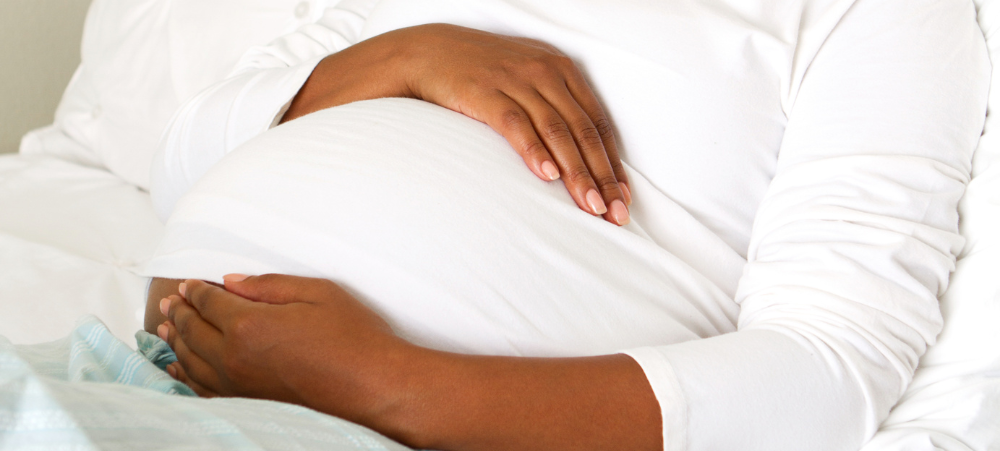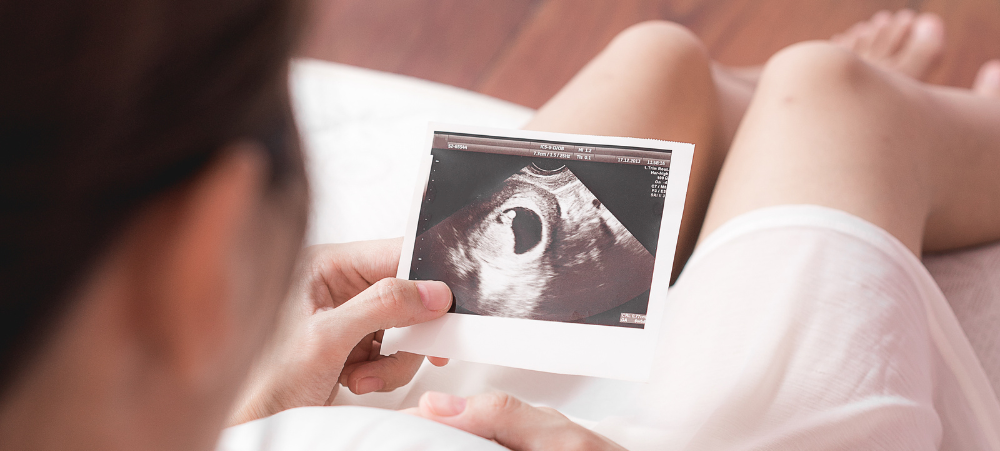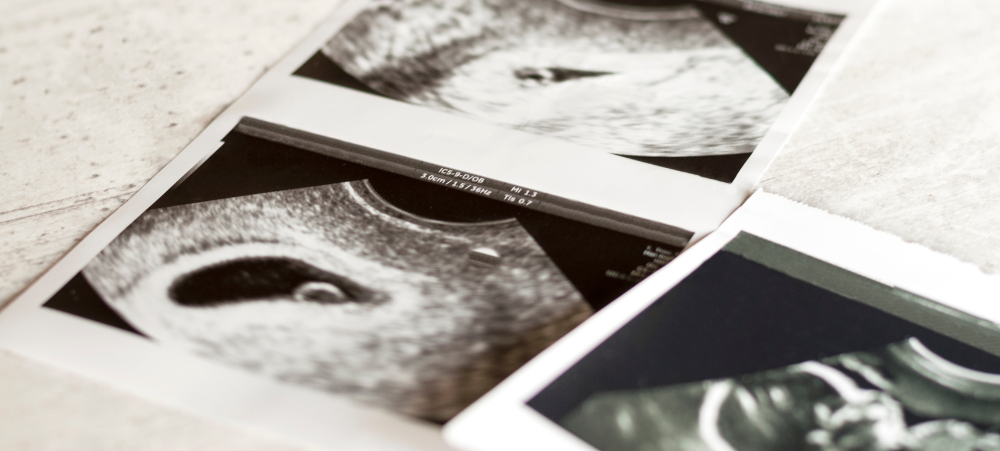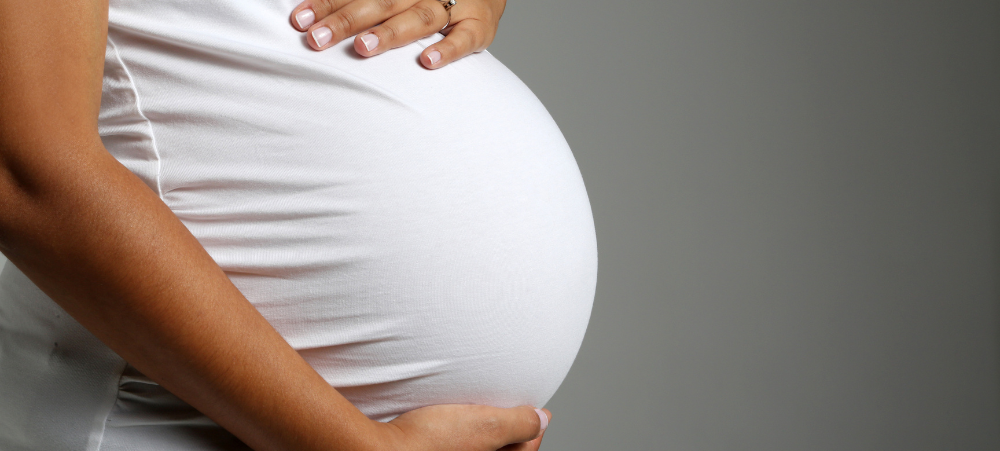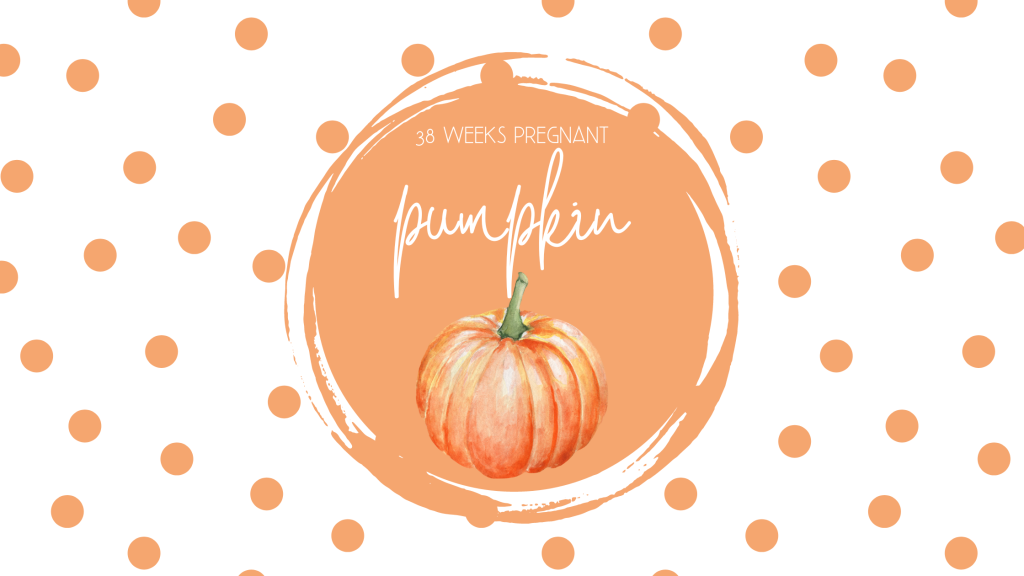 There are now two weeks left of your official pregnancy span, however, there is even a chance that you may get to meet your little one sooner, as about 5% babies are born before or after their due dates. Your breathing may be feeling easier, as your baby moves lower down into your pelvis. But this can leave you with an increasingly shrinking bladder and smaller tasks that used to feel easy are now more difficult.
There are now two weeks left of your official pregnancy span, however, there is even a chance that you may get to meet your little one sooner, as about 5% babies are born before or after their due dates. Your breathing may be feeling easier, as your baby moves lower down into your pelvis. But this can leave you with an increasingly shrinking bladder and smaller tasks that used to feel easy are now more difficult.
Your body at week 38
Don’t be surprised if your nipples start leaking colostrum around this time. You may also be experiencing frequent Braxton Hicks contractions (which will be helping to prepare you for the real deal) and your nesting instincts may have kicked in, leaving you with a strong urge to clean and organise your house.
Other common pregnancy symptoms at this time are frequent urination and pressure on your pelvis and hips as your baby has dropped lower into your abdomen. You may also be struggling to sleep, have swollen feet and ankles and your vaginal discharge may be tinged pink or brown.
Your baby at week 38
Your little one is almost ready to meet the world! Your baby has probably shed the soft hair, lanugo, which covered their body (although some are born with patches). Although they are mostly fully developed, if born now, they will be considered early term. They are still continuing to add fat on their body, and the brain and nervous system are continually developing.
Things to keep in mind at week 38
One of the questions you may have going through your mind, is how will you be sure that labour has started? Birthing classes are a good way to get to know what to expect, but if you haven’t been able to attend any of those, there are other ways to know that your baby is on its way. Your cervix will start dilating, which your doctor will be able to track in weekly check-ups. You may experience diarrhoea and during labour you’ll have frequent contractions which will grow stronger over time.
For 2025 we have a renewed Female Health Programme:In collaboration with CareWorks, it’s accessible to all female members aged 18 and above, with an emphasis on preventative care and early detection of female-specific health issues. In addition, we have an enhanced Maternity Programme to support expecting mothers. This includes early identification of and weekly engagement for high-risk pregnancies, post-childbirth care and associated mental health follow-up calls for new mums, given the prevalence of pre and postnatal depression. Also, milestone reminders for children under 3 and cover for antenatal vitamins through savings, day-to-day benefits or the Benefit Booster
Bonitas Medical Fund
0860 002 108
View Website: www.bonitas.co.za
- Putting together your birth plan - December 23, 2025
- Breastfeeding tips - December 15, 2025
- Mental health matters during the festive season: Let’s normalise getting help - December 11, 2025

